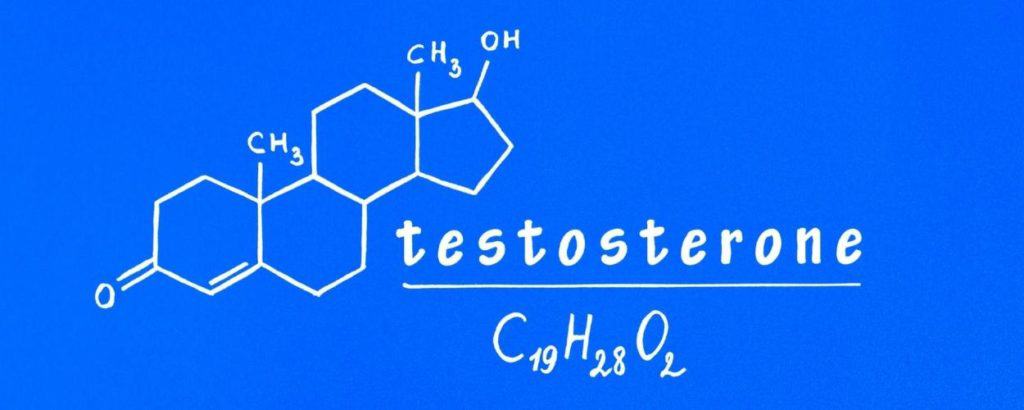
testosterone replacement therapy covered by insurance
testosterone replacement therapy dallas
You should expect regular follow-up from the moment you start therapy. You will typically be tested once every three to four weeks after therapy has been initiated. This is to ensure that your levels remain adequate and that pellet replacement doses are accurate.
Testosterone Replacement Therapy can have side effects, just like any other medical treatment.
Creating educational materials on testosterone replacement therapy for healthcare professionals is an important task, as it provides healthcare providers with the knowledge and skills to effectively manage this important treatment. The educational materials need to cover various topics, including the indications for testosterone replacement therapy, the benefits and risks of treatment, and the proper methods for monitoring patients receiving testosterone therapy. It is also important to provide healthcare providers with information about the potential side effects of testosterone replacement therapy and how to manage them. Additionally, educational materials should include information about the potential interactions between testosterone replacement therapy and other medications that a patient may be taking. It is also important to provide healthcare professionals with the most up-to-date information on the latest research and best practices regarding testosterone replacement therapy. By creating comprehensive educational materials on testosterone replacement therapy, healthcare providers are equipped with the information they need to safely and effectively prescribe the therapy to their patients.




